Sierra Leone signed the Rome Statute on 17 October 1998.
|
|
|
|
|
|
|
125 países forman parte del Estatuto de Roma de la Corte Penal Internacional. De ellos, 33 son Estados africanos, 19 son Estados de Asia y el Pacífico, 20 son de Europa oriental, 28 de 28 de América Latina y el Caribe, y 25 de Europa occidental y otros Estados. |

A list of relevant events where the U.S. played a critical role, in addition to the evolution of the relation between the United States and the International Criminal Court.
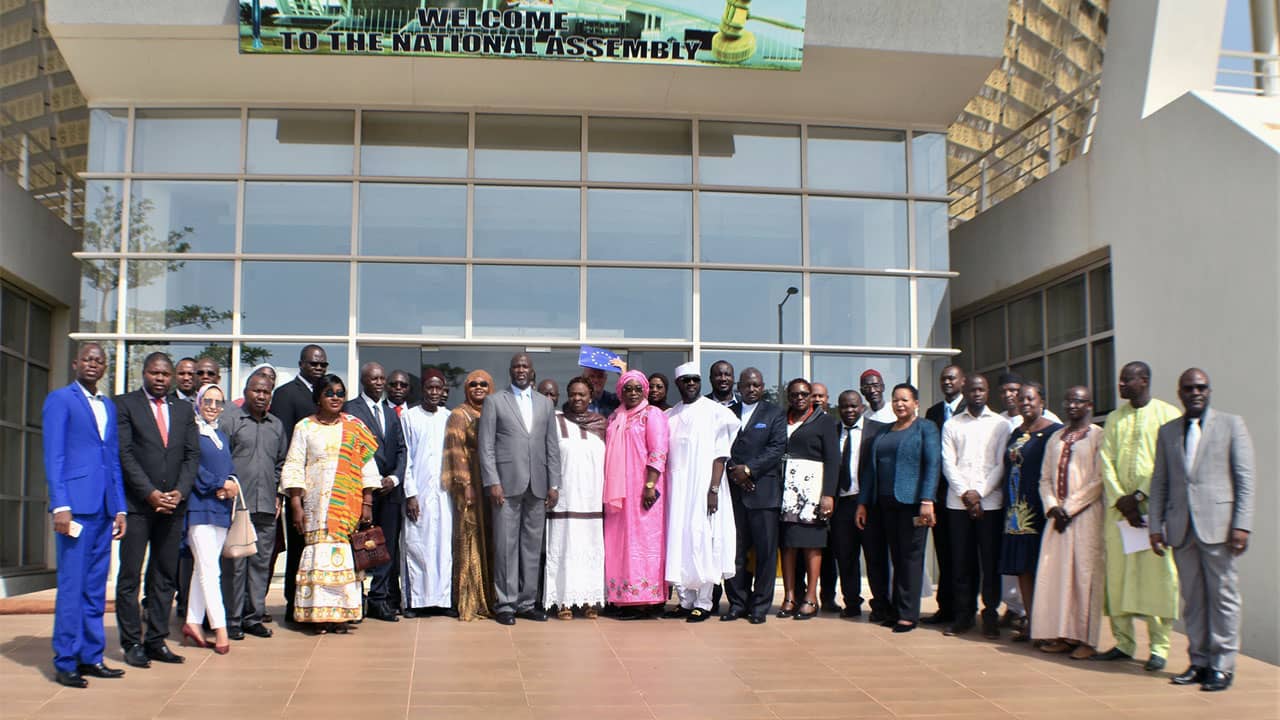
On 3 and 4 July 2019, the National Assembly of the Gambia hosted over 40 participants, representing more than 15 African States, to participate in the Working Group on the Fight against Impunity in Africa.
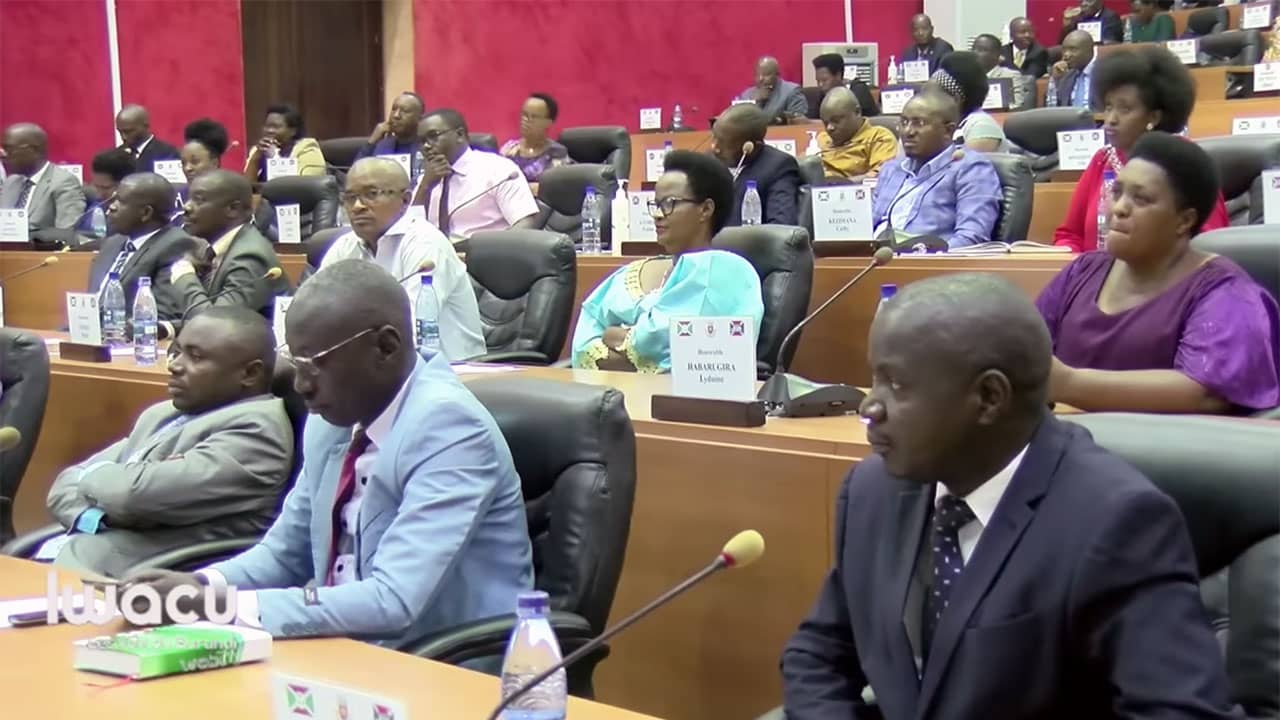
El 12 de octubre de 2016, la Asamblea Nacional y el Senado de la República de Burundi votaron masivamente a favor de que el país se retirarse del Estatuto de Roma de la Corte Penal Internacional (CPI).
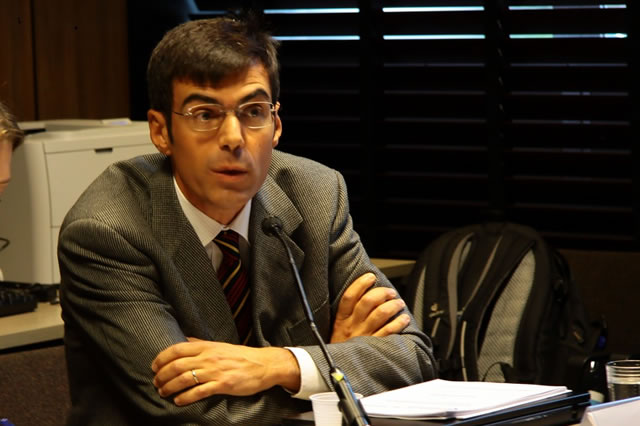
Is the International Community Abandoning the Fight Against Impunity? Intervention by David Donat Cattin (Ph.D., Law), Secretary-General, Parliamentarians for Global Action; Adjunct Professor of International Law, NYU Center for Global Affairs
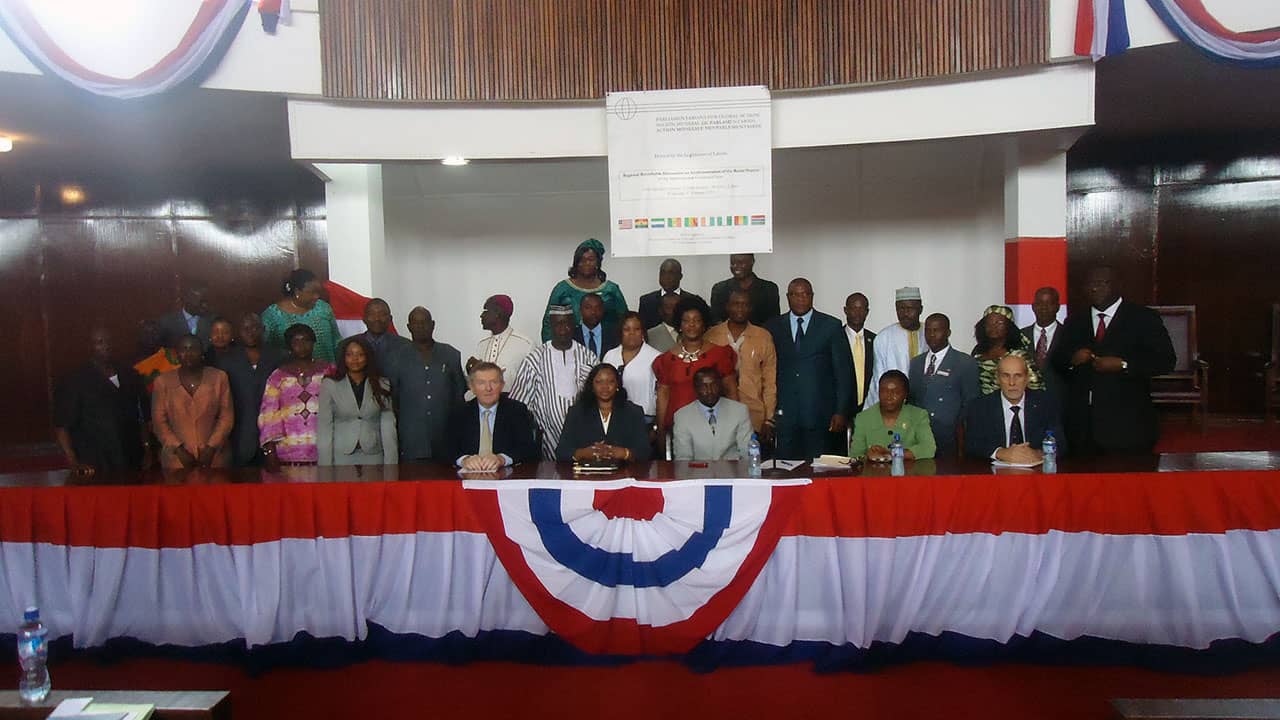
Hosted by the Legislature of Liberia, under the leadership of Senator Franklin Siakor in collaboration with PGA, parliamentarians from Côte d’Ivoire, Ghana, Guinea, Liberia, Mali, Sierra Leone and Ireland gathered at this regional PGA Roundtable to di
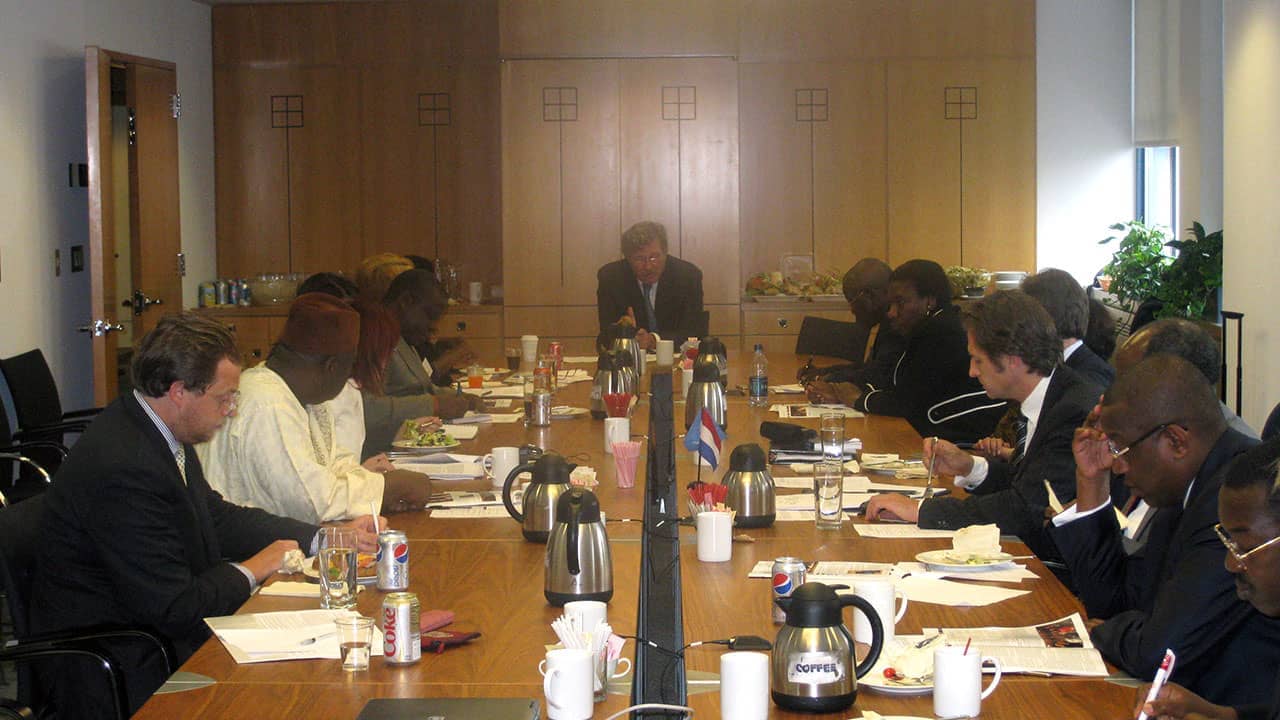
This PGA Roundtable Briefing was held at the Permanent Mission of the Kingdom of the Netherlands to the United Nations in New York and brought together PGA Member Legislators from Afghanistan, Argentina, Kenya, Sierra Leone, Nigeria and Senegal. The Round